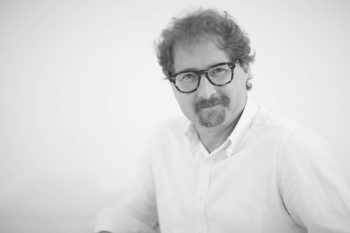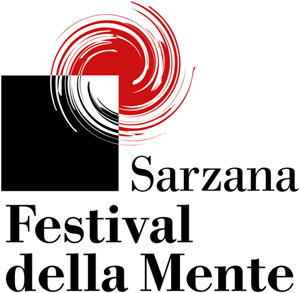2012 Programme
Event #34
Telmo Pievani
When the human mind was born. How we became Homo sapiens
Approximately 30,000 years ago, the species Homo sapiens began to display unusual behaviors such as ritual burials, wonderful cave paintings, musical instruments, ornaments. What happened in our way of thinking at that time? The modern human mind was born, capable of processing abstract concepts and of imagining different worlds. It was a brand new way to relate to the environment, with no equivalents on the other four human types that lived until recent times. Yet man had been born in Africa 200,000 years ago. This dual birth—first anatomical, then cognitive—continues to baffle scientists and is not yet fully understood. The story of how we became “global sapiens” is a fascinating adventure that we can describe at last tank to the surprising discoveries or recent years.
Telmo Pievani is Professor of Philosophy of Biological Sciences at the University of Padua, where he also teaches Bioethics and Naturalistic Disclosure. He collaborates with Corriere della Sera, Le Scienze, Micromega and L'Indice dei Libri del Mese. He is the author of numerous publications, including: “La vita inaspettata” (2011), “Imperfezione” (2019), “Serendipità” (2021), “Il giro del mondo nell'Antropocene” (with M. Varotto and maps by F. Ferrarese, 2022) for Cortina; “La terra dopo di noi” (with F. Lanting, Contrasto, 2019); “DNA” (Mondadori, 2020); “E avvertirono il cielo. La nascita della cultura” (with C. Simi, Jaca Book, 2020); “Viaggio nell'Italia dell'Antropocene” (with M. Varotto, Aboca Edizioni, 2021); “La natura è più grande di noi” (Solferino, 2022). His latest book “Tutti i mondi possibili” (Cortina) will be published at the end of August.
ph. credits: Gerardo Ozuna
Event #3
Anna Salvo
Sorrow is like a telescope that helps us look into the distance: creatività and suffering

Event #4
Andrea Moro
I speak, therefore I am Like the starry sky: visions of language across the centuries

Event #28
Mauro Agnoletti, Ilaria Borletti Buitoni
Culture, environment, landscape. For a possible, sustainable future






















